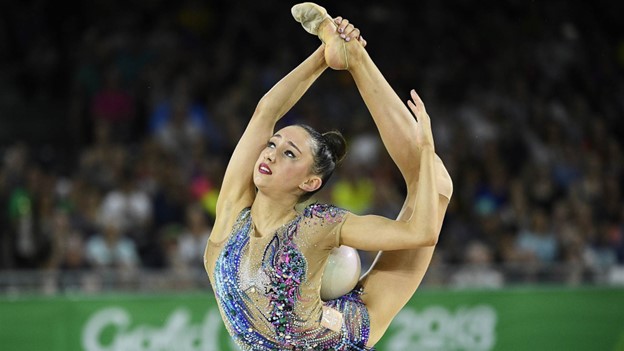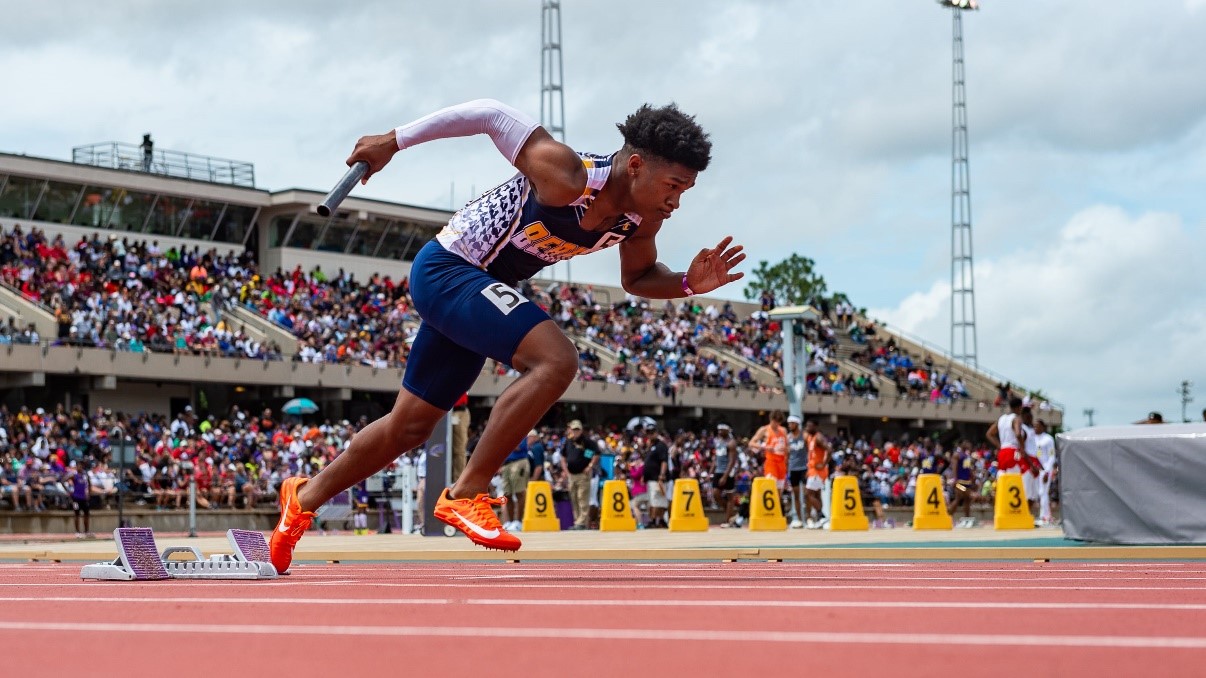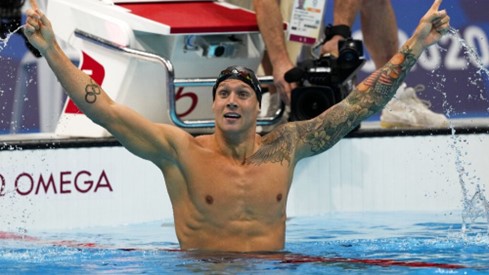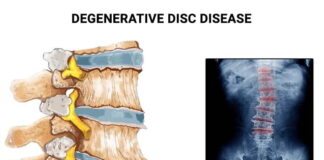The idea of diet culture has changed throughout the years and with each sport the diet is vastly different from football to ice skating. Some sports require athletes to go on insane diets while other allow the athletes to focus on what feels good to them individually. The following aesthetic sports focus on what makes the athlete look good and not always what is good for them individually.
The Diet of a Runner
The basic overview of a track and field diet is: eating small meals every two to three hours, eating high protein and low sugar, staying hydrated throughout the day, and NEVER skipping meals.
Good snack/meal ideas are:
- Chocolate Milk
- Lean Meat
- Grilled Fish
- Yogurt
- Fruit
- Granola Bar
- Vegetables
- Whole Grain Pasta
- Rice
- Whole Fruit
- Cheese Slices
Common practices of runners:
- Carb Loading
The practice of carb loading is common in the life of a runner. In this “diet”, the athlete eats high amounts of carbs normally starting 3 days before the big day. Carb loading is not eating loads and loads of low-quality pasta, which can cause poor results on race day, it is fueling your body with energy to help you in your event.
- Avoid Spicy Food and Coffee
Both of these can cause inflammation to your body which is not good before a long run. Save both of these for after the race.
The Diet of a Gymnast
The diet of a gymnast is high-protein and low carb. Gymnastics is one of the most, if not the most, highly criticized for being small, in amazing shape and defined 6 packs. The diet of a gymnast is very similar to a runner, but there is more of a focus on gaining muscle. Gymnast need to develop physical skills like power, speed, endurance, and flexibility under a low calorie diet.
Good snack/meal ideas are:
- Lean Meat
- High quality protein
- Yogurt
- Fruit
- Salmon
- Vegetables
- Grains
- Nuts
- Whole Fruit
- Cheese
Common problems of Gymnasts:
- Body Shaming
As previously said, gymnastics is a sport that is vital to stay lean. Eating disorders like anorexia and bulimia are sadly common with this sport.
- Not Developing Properly
Due to athletes under eating at such a young age, they can have development problems with their bone structure. There are so many pictures of teenage girls who look around 9 years old due to not developing correctly.
The Diet of a Swimmer
Swimmers needs a high-protein and high calorie diet. Swimming is one of the most energy draining sports out there. Swimmers train about 30 hours and eat anywhere from 6,000 to 10,000 calories. Swimmers need to eat a lot for recovery after training.
Good snack/meal ideas are:
- Bananas
- Milk
- Sweet potatoes
- Whey
- Chai Seeds
- Eggs
- Walnuts
- Coconut
- Quinoa
- Oranges
- Salmon
- Chickpeas
- Kale
- Apples
- Spirulina
- Oats
Common Problems of Swimmers:
Drinking Energy Drinks
Energy drinks are common before races and practices. The schedule of a swimmer normally includes two practices plus weights. Energy drinks are helpful for a mid-day pick-me-up once in a while. The problem occurs when addiction starts to form.
Gaining too Much Muscle
Gaining muscle too quickly can make you lose your feel for the water. This causes you to slow down and feel sluggish. Gaining muscle is not always a good idea for a swimmer.












